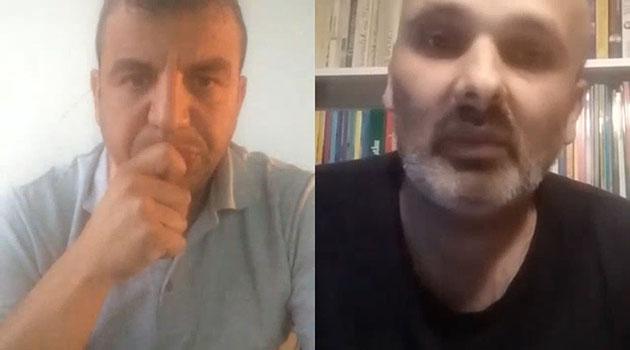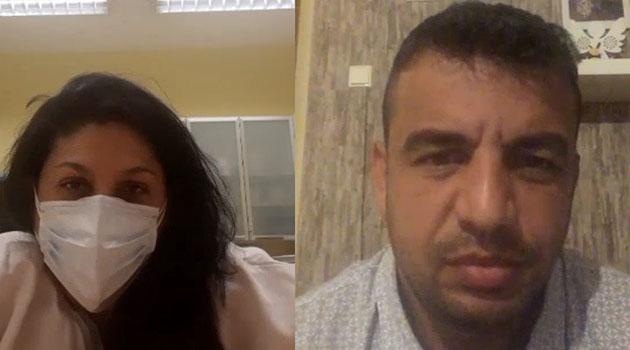Vice-Chair of Czech Govt Council for Roma Minority Affairs wants to hear what Romani entrepreneurs need to respond to the effects of the pandemic

Civil society members of the Czech Government Council for Roma Minority Affairs are preparing proposals related to the Romani community in response to the Czech Government’s current arrangements responding to the COVID-19 pandemic. Once the document is approved, the civl society members will address the Prime Minister, the Health Ministry, the Interior Ministry, and the chair of the Central Crisis Team with the proposals.
In an interview for ROMEA TV, Jan Husák, the volunteer civil society member who is Vice-Chair of the Council, answered questions about how the civil society members of the advisory body are working in state-of-emergency mode, how they have been dealing with the pandemic situation, and what they are doing. “Recently we have been mainly addressing the issue of [Romani community members] returning from the different EU Member States. These people are coming back to the Czech Republic and frequently moving in with their relatives or friends. We want to target these people, not just for testing [for COVID-19], but also for their movements around the country to be mapped [for contact tracing],” he told ROMEA TV.
The Vice-Chair added that civil society members of the Council are also following the requirements of the compulsory quarantine in the Czech Republic and whether the Romani returnees have access to the corresponding living conditions and protective gear to undergo quarantine and comply with all health protection measures. He also recounted examples of good practice from the Moravian-Silesian Region, which has allocated places where people can spend the quarantine time for those who do not have their own housing after returning from abroad.
“I like the example of Ostrava, where the Regional Authority reached out to Romani organizations and began collaborating with the organization that submitted a concrete solution. We know that the returnees are arriving in all regions of the country. Not every region is taking the Moravian-Silesian approach. We want the rules for tracking these people and providing aid to those who return to the Czech Republic from abroad to be introduced across the board for all regions,” the Vice-Chair said.
In the interview, the Vice-Chair also pointed out that there is no debate underway in the Czech Republic about how to protect specific groups in the population, even though it has been confirmed that COVID-19 most affects the chronically ill. Special measures have been currently adopted to protect persons who are 65 and older.
The civil society members of the Council also want to submit a proposal for measures to protect the health of those with chronic illness, not just those over 65. “We want these measures to be adopted given the specific health profile of the Roma. All people with chronic disease, not just those who are 65 and older, should be taken into consideration,” he told ROMEA TV.
The Vice-Chair also called on Romani entrepreneurs to contact the Council with information about what their businesses need to survive the pandemic. “In order to develop effective measures we need information, we need data. I would hereby like to call on entrepreneurs affected by the measures associated with the coronavirus to contact the Council with their requests for support,” he said.
On 31 March, the department of the Office of the Government Council for Roma Minority Affairs and the secretariat of the Government Council on National Minorities has opened a call for the nomination of new members to the volunteer civil society section of the Council for Roma Minority Affairs. The Council currently has 29 members, 16 of whom are representatives of the state administration and 13 of whom are civil society members especially from the Romani community.
“We have announced the selection procedure and it is possible to apply until 4 May. Anybody who fulfills the historically determined conditions can apply. However, at this moment we would prefer people from certain crucial areas. We must admit that we do not have the area of health covered, we have no experts in that area [among the civil society members], and it is one of the key subjects we are dealing with. We would be glad if an expert on health applied,” the Vice-Chair said.
